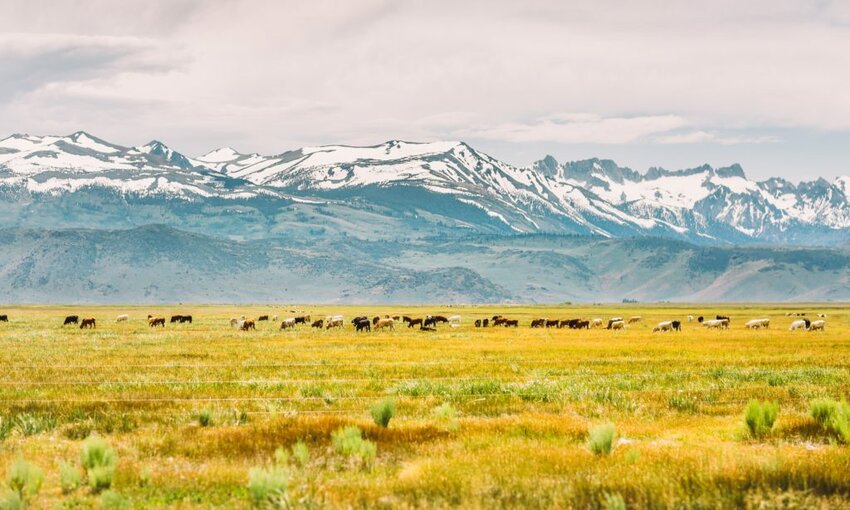 (Photo Credit: Saksham Gangwar, Unsplash)
(Photo Credit: Saksham Gangwar, Unsplash)Climate change and the rise of alternative proteins are putting billions of dollars at risk for major suppliers in the meat industry, according to new financial analysis from the $20 trillion investor network FAIRR.
The Coller FAIRR Climate Risk Tool is based on scenario analysis that aligns with the Taskforce on Climate-related Financial Disclosures’ (TCFD) recommendations, the network explained. Their model identified several risks that would affect the meat sector’s profitability given the IPCC scenario of a 2°C warmer world in 2050.
Specifically, the analysis looked at leading meat industry firms such as Tyson Foods, Maple Leaf Foods, JBS, BRF, and Minerva, which are suppliers to companies that include McDonald’s, Walmart, Burger King, and Marks & Spencer. Only Tyson and Marfrig have publicly disclosed climate-related scenario analyses, FAIRR noted.
“Risks include the increased cost of electricity due to carbon pricing, higher costs of feed due to poor crop yields, and increased livestock mortality due to heat stress,” FAIRR’s analysis found. “It forecasts that, by 2050, ‘alternative proteins’ such as plant-based burgers will command at least 16% of the current meat market, rising to 62% based on factors such as technology adoption rates, consumer trends and a carbon tax on meat.”
FAIRR founder and Coller Capital chief investment officer Jeremy Coller urged the meat industry to adapt to climate change or face ruin in the the years ahead. “Conversely, there is also an appetizing prospect of enormous upside if the world’s meat companies shift their protein mix to align with a climate-friendly path,” he said.
The investor network’s Climate Risk Tool identified three possible paths that animal protein companies could take:
“With climate change presenting financially material business risk and opportunities, especially in high-emitting sectors, investors increasingly expect companies to undertake climate scenario analysis as part of their strategic planning,” cautioned Nikki Gwilliam-Beeharee, director of ESG research at investment management company Invesco.